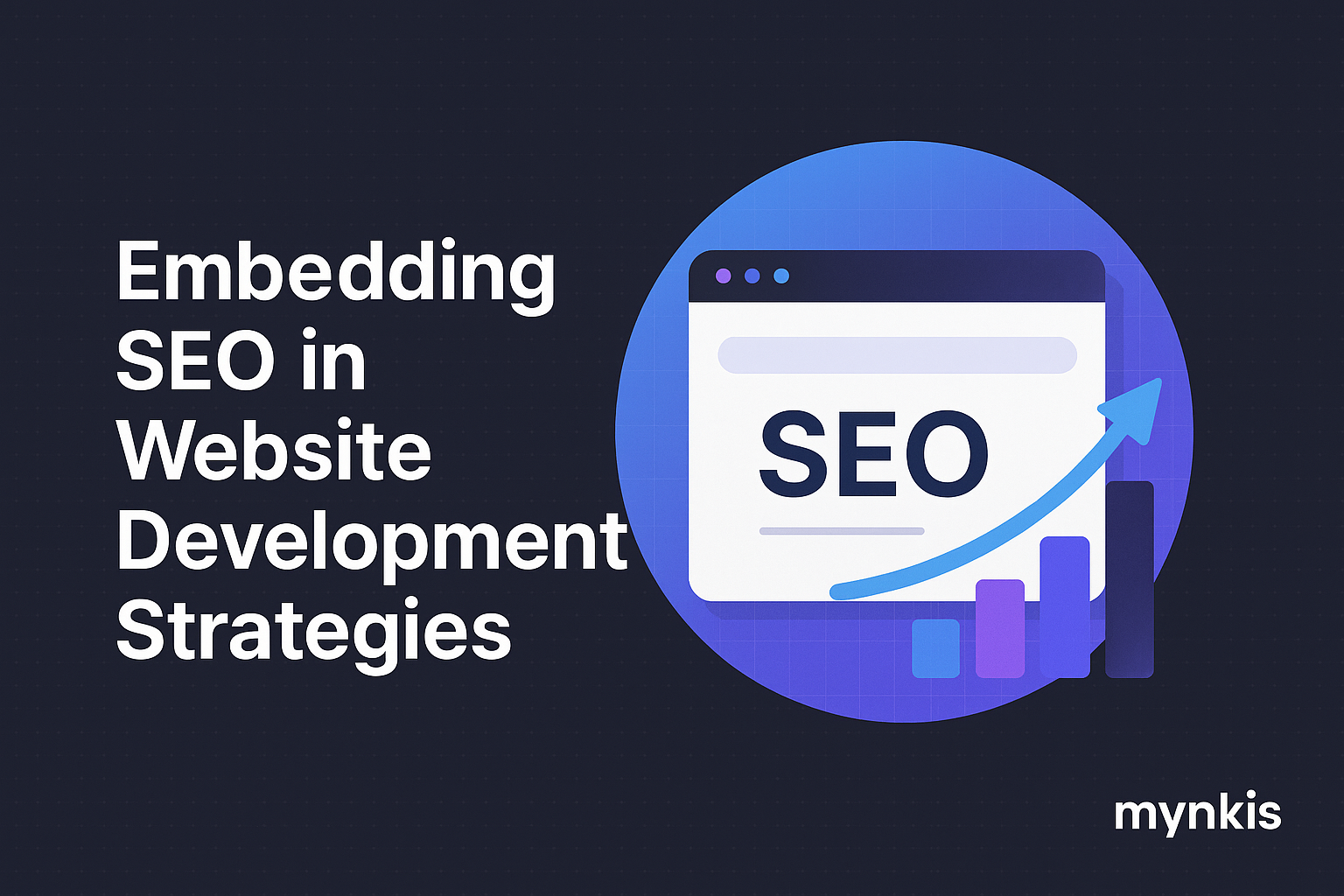Schedule a Demo
Integrating SEO into your custom website development isn't just an afterthought; it's a crucial step that can dramatically enhance your practice's visibility and client acquisition. I've seen firsthand how a well-executed SEO strategy can turn a good website into a powerhouse of client engagement and trust.
The secret to getting SEO right from the get-go? Start early, maybe even before you lay down the first line of code. Begin with keyword research and optimize your site structure accordingly. As a professional in website development, this initial step is as critical as designing a beautiful interface—arguably more so, as good design can go to waste without proper visibility.
What's a beautiful website if search engines can't read it? Technical SEO goes under the hood and might not be visible on the surface, but it's vital. Speed up your site, ensure it's mobile-friendly, and make sure you're not tripping up on common pitfalls like broken links or slow load times. All these aspects impact user experience and, by extension, your SEO scores.
Content is king in SEO, but don't just throw in keywords willy-nilly. Craft each page with care, using targeted keywords that directly reflect the services your practice offers. Not only should the content help search engines understand what you do, but it should also engage and inform your potential clients. Think quality over quantity; no one likes content that feels stuffed and robotic.
From meta tags to heading hierarchy, every part of your web page is an opportunity to optimize for SEO. Make sure your meta descriptions succinctly yet effectively capture what each page is about. Employ H1, H2, and subsequent tags to organize your content, keeping search engines happy and your readers informed about the structure of your site.
If your practice relies heavily on local clientele, missing out on local SEO is akin to leaving money on the table. Claim your Google My Business listing, focus on local citations, and encourage your satisfied clients to leave positive reviews. According to a study by Moz, local signals like these can massively enhance your practice's visibility within your community.
User experience and SEO go hand-in-hand. If you architect a site that's enjoyable to navigate, you'll naturally increase time on site—a critical SEO metric. Think about intuitively design menus, clear calls to action, and maybe even throw in some interactive elements to keep visitors engaged longer.
Links are not just simple connections; they're votes of confidence in the digital world. Quality backlinks from reputable sites within your industry can boost your site's credibility and improve SEO scores. Don't fall into the trap of buying links or dealing in shady link schemes. Focus instead on producing quality content that naturally attracts backlinks.
SEO isn't a 'set it and forget it' affair. It's dynamic and requires regular monitoring and tweaks. Use tools like Google Analytics and Google Search Console to keep an eye on your site's performance, adjusting your strategy based on what the data tells you. Remember, search engines continuously evolve, and so should your SEO approach.
In my interactions with various practitioners, I've witnessed how SEO can transform a business. One local therapist revamped their site with SEO at its core, quadrupling their organic traffic within six months. Stories like these are not rare—they underscore the tangible benefits of ensuring SEO is integral to your custom web development from the get-go.
Creating trust with your audience goes beyond rankings. It's about fostering transparency. Clearly outline your privacy policy, detail what data you collect, and how you use it. An open approach can keep you in line with Google's favor and foster client confidence—a dual win.
Understanding and avoiding Google penalties are crucial aspects of a solid SEO strategy. Engage in practices like cloaking, paid links, or keyword stuffing, and you risk a significant hit to your search rankings. Instead, focus on white-hat techniques that, while perhaps slower to show results, ensure your website’s long-term success and credibility.
By integrating SEO into your custom website development from the start, you're not just improving your chances of getting found online. You're crafting an experience that resonQ values with your audience. My experience suggests—an integrated approach pays off tenfold, not just in terms of traffic, but in long-term business growth as well.
